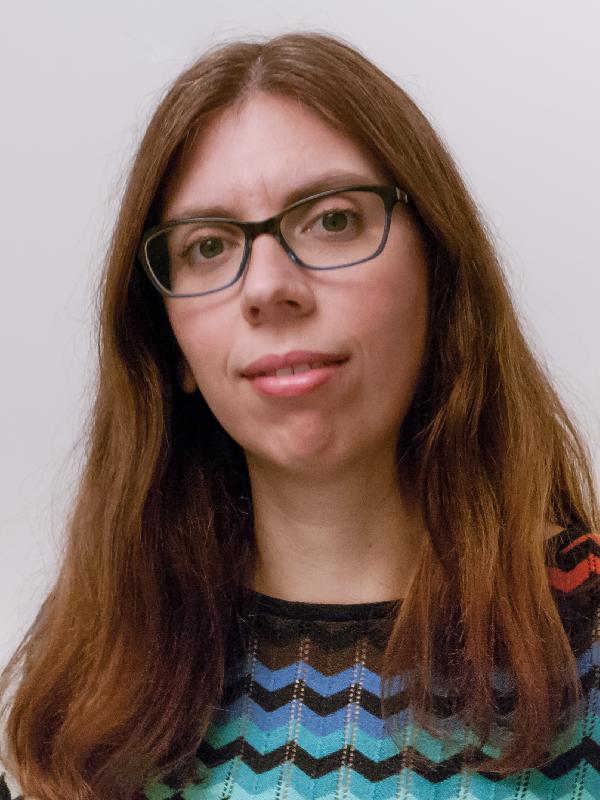Using Artificial Intelligence to improve the diagnosis of dementia
My Topol fellowship problem / project:
Dementia is expected to affect 1 in 3 people born in 2020, while over 850,000 people currently live with dementia in the UK. A dementia diagnosis relies on multiple tests, including cognitive assessment tests, brain scans and tests of the cerebrospinal fluid. Diagnosis is complex and subjective, especially in the early stages of the disease. It takes on average over 2 years from symptom onset to diagnosis.
In my project I will use Artificial Intelligence (AI) methods to quantitatively combine data from multiple dementia tests. The AI tool will learn to identify disease patterns and will help automate dementia diagnosis. The AI tool will support neurology experts by providing consolidated information and automatically evaluating of the risk of disease progression.
This project will enhance objectivity and clinical confidence in dementia diagnosis in a clinical setting.
About me
I am a clinical scientist and certified medical physics expert working in Nuclear Medicine Physics at University Hospital Southampton NHS Foundation Trust.
Prior to joining the NHS, I did a PhD on automated diagnosis using Artificial Intelligence (AI).
In my current clinical role, I lead the development of imaging services, translating cutting-edge medical imaging methods into clinical practice.
I am particularly interested in developing quantitative image analysis tools and using AI to improving clinical diagnosis.

